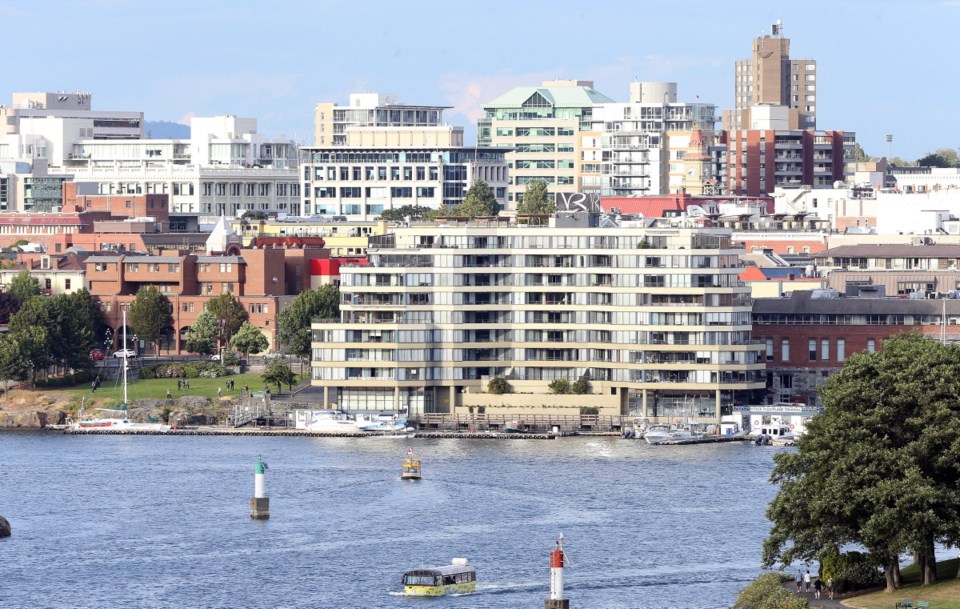A lack of affordable housing is hampering Victoria’s economic growth because companies are struggling to attract and retain workers, a new study has found.
The study on employee recruitment was commissioned by the Victoria Innovation, Advanced Technology and Entrepreneurship Council, Tourism Victoria, Vancouver Island Construction Association and the region’s chambers of commerce. It said 60 per cent of the businesses surveyed cited lack of housing as the top reason they have trouble recruiting talent.
“Until now it’s been kind of anecdotal. Now, this isn’t everyone, but it’s a good sample, and all the major business organizations got behind this because they feel it has become an issue for their members,” said Frank Bourree, principal of Chemistry Consulting, which carried out the study over the last month. “We now have some data at least to see how employers are feeling and how it’s really affecting them.”
A total of 250 local businesses, representing 10 industries, responded to the survey. “It’s clear we need more rental housing and we have to get a handle on the [short-term and vacation rental] which has doubled in the last few years,” Bourree said.
The survey paints a picture of a robust economy that is starting to struggle as the labour pool dries up. It found just over 87 per cent of all businesses have been trying to recruit employees over the last six months, and 57 per cent of them said the shortage of housing is making it difficult for them to attract employees in all skill levels from outside Greater Victoria.
The report noted 78 per cent said they had trouble filling entry-level positions, 42 per cent had trouble luring people to middle- management positions and 24 per cent had trouble attracting senior managers.
Twenty-six per cent of respondents characterized the housing problem as having either a serious or significant impact on their ability to bring workers to Victoria. Another 50 per cent said it was having a moderate or small amount of impact at this point.
Bourree said the survey also highlighted the problem of having the only affordable housing well outside of the downtown core.
“We got a lot of commentary from people that workers can’t afford to be downtown so they live on the West Shore and it takes them forever to get here — that’s not positive,” he said, noting transportation, health care and childcare all factor into the mix. “It’s a very complex problem.”
The survey said 66 per cent of respondents indicated they have raised salaries to attract workers because of Victoria’s low unemployment rate and higher cost of housing.
One business owner said he raised salaries 35 per cent and offered an exceptional tip pool option, but still could not attract or retain staff. Another responded by saying that despite having a thriving new restaurant, it would be closing within two years as it could no longer afford to do business in the city as a result of not being able to find staff, and the cost of living in Victoria.



